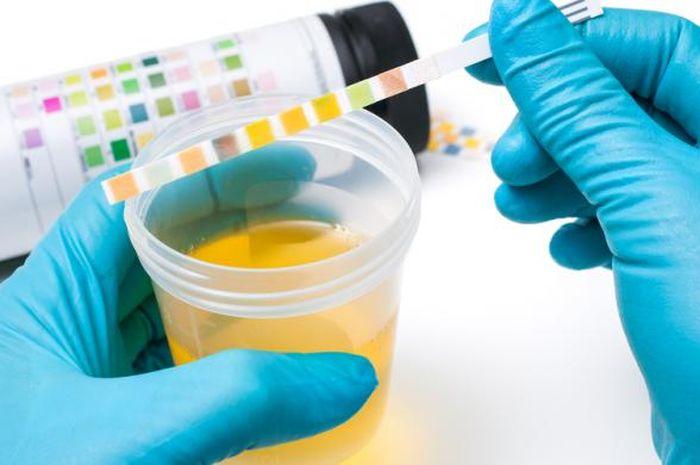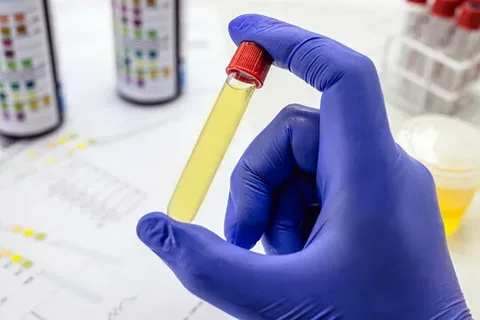In the evolving landscape of modern healthcare, urine toxicology testing has become a valuable tool for enhancing patient care. Whether it’s being used in emergency rooms, pain management clinics, or substance abuse recovery programs, this diagnostic method allows healthcare professionals to better understand a patient’s condition and make more informed treatment decisions.
Let’s explore how this testing method works, its real-life benefits in clinical settings, and how it supports long-term wellness.
Understanding Urine Toxicology Testing
What Is Urine Toxicology Testing?
Urine toxicology testing is a diagnostic procedure used to detect the presence of drugs, alcohol, or toxic substances in a person's system. It is typically performed using a urine sample, as urine is non-invasive to collect and offers a longer detection window for various substances compared to blood.
For individuals seeking reliable screening services, urine toxicology testing in New Jersey is widely available through clinics, hospitals, and specialized laboratories that provide accurate and timely results.
What Can It Detect?
Common substances tested include:
-
Prescription medications (e.g., opioids, benzodiazepines)
-
Illegal drugs (e.g., cocaine, heroin, methamphetamine)
-
Alcohol and other toxins
-
Over-the-counter medications in certain cases
The test can be either a preliminary screening or a more detailed confirmatory test, depending on clinical needs.
Why It's a Crucial Part of Patient Care
1. Accurate and Timely Diagnoses
In emergency departments or urgent care settings, patients may arrive disoriented, unconscious, or unable to provide a clear history. In such cases, urine toxicology testing allows medical teams to quickly determine whether drugs or toxins may be contributing to the condition. A timely diagnosis leads to faster, safer interventions.
2. Monitoring Medication Compliance
Patients undergoing treatment for chronic pain, anxiety, or other conditions often receive controlled medications. Urine tests can help physicians verify that these medications are being used correctly and not being abused, misused, or diverted.
This is particularly relevant in pain management programs, where proper use of opioids must be carefully tracked to avoid the risk of addiction or overdose.
3. Supporting Mental Health and Addiction Recovery
In behavioral health and addiction treatment settings, regular toxicology screenings provide insight into whether a patient is maintaining sobriety. These results can guide counseling sessions, help adjust medication-assisted treatments, and offer encouragement when progress is made.
They also give clinicians a chance to address relapses with compassion and adjust treatment plans accordingly.
How It Enhances Patient Safety
1. Prevention of Drug Interactions
Some medications or substances can cause harmful interactions when combined. Urine toxicology testing helps physicians detect unexpected substances that could lead to dangerous side effects, especially when prescribing new medications.
2. Detecting Hidden Substance Use
Patients may not always feel comfortable disclosing all the substances they use. Urine tests provide an objective report, ensuring that treatment plans are based on facts rather than assumptions. This increases both safety and the effectiveness of care.
3. Legal and Compliance Requirements
In certain fields, such as workplace health, sports medicine, and forensic medicine, toxicology testing fulfills legal or regulatory requirements. It can protect both patients and organizations by ensuring transparency and compliance with guidelines.
Real-World Example: Testing in New Jersey
The value of toxicology testing becomes especially evident in a diverse state like New Jersey, where healthcare providers serve patients across a wide range of settings—from busy urban hospitals to rural addiction recovery centers. In recent years, the demand for these services has grown steadily. This rise is driven not only by increased awareness of substance misuse but also by a broader shift toward preventive care and more cautious prescribing practices.
By providing clear and reliable results, toxicology testing helps physicians avoid harmful drug interactions, adjust treatment plans safely, and ultimately improve patient outcomes.
Communication and Trust in Patient Relationships
One of the often-overlooked benefits of toxicology testing is its role in improving communication between patients and providers.
A positive or unexpected result can serve as a starting point for deeper, more honest conversations about lifestyle, health habits, or treatment goals. This can strengthen trust, encourage cooperation, and support more holistic care.
Conclusion
Urine toxicology testing might seem like a small part of a medical visit, but its impact can be significant. From emergency care to chronic disease management, it helps providers make more informed, personalized decisions that ultimately protect patient health. In regions like New Jersey, where the need for high-quality testing is growing, providers such as Trinity Medical Laboratories are stepping up with reliable, timely services that meet both clinical and community needs. With their support, healthcare professionals can continue delivering better, safer care—one test at a time.




